Vietnamese Fabrics in the Heart of the Desert: The Beginning of an Unexpected Journey
At a farm near the city of HaBonim, the bright red lychees begin to ripen in late June, just as the Mediterranean winds bring scorching sun and salty sea air. Yields of up to 25 tonnes per hectare are astonishing for a typically finicky crop.
This is the result of nearly a decade of persistent conquest of nature by Israeli farmers and engineers, opening a new chapter for modern agriculture applying high technology.
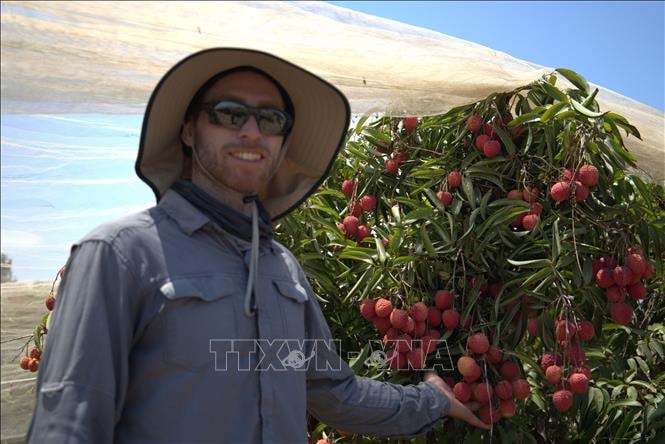
At the farm near the city of HaBonim, every late June, the Mediterranean wind brings bright sunshine, which is also the time when the bright red lychee bunches begin to ripen.
The nearly 10-hectare farm of the Bananot Hahof Cooperative has entered its busiest harvest season of the year. Clusters of Hong Long lychees, a Vietnamese variety planted since 2016, bloom and bear fruit evenly on land that was thought to be incapable of cultivating this difficult crop.
The Vietnamese lychee variety was actually introduced to Israel more than 15 years ago, through the Agricultural Research Institute ARO and the Lychee Growers Association.
However, it was not until Bananot Hahof persistently improved the care process, applied microclimate technology, drip irrigation systems, and adjusted flowering techniques to a special cycle that the lychee tree truly adapted.
The first stable fruit clusters appeared after 3-4 years of testing, a success that was considered beyond expectations.
Unlike the Mauritian variety previously grown, the Hong Long litchi from Vietnam is more productive, with large, fragrant and sweet fruit that requires little technical intervention. Each tree is cared for with near-perfect precision: light, temperature and humidity are all controlled by microclimate sensors for each area. Thanks to this, the farm can maintain high yields, even exceeding the standards of traditional growing areas.
When the harvest season comes, the lychees are picked, sorted and packaged on site, then transported by refrigerated trucks to Tel Aviv, Haifa, Jerusalem and European countries.
Western consumers love the natural sweetness and aroma of Vietnamese lychees, but they also have high demands on logistics, because the life cycle of lychees after picking is very short. Every step from transportation to storage must be calculated precisely, leaving no room for error.
Bananot Hahof: Icon of Israeli high-tech agriculture
Not only lychees, Bananot Hahof is also a big name in the field of high-tech agriculture in Israel, with crops such as bananas, pineapples, grapes, of which the grapes here have a yield of up to 30 tons/ha and are ranked as the best in the world . They cooperate with leading agricultural technology suppliers, investing heavily in research and development to optimize every stage of production.
Bananot Hahof is a living testament to how Israel turns the desert into a fruit garden, where intelligence, technology and perseverance combine to create agricultural miracles that the world admires. And the Vietnamese lychee tree, now spreading its fragrance in the middle of the Israeli desert, is a symbol of that dream becoming a reality.
Source: https://baonghean.vn/ky-tich-nong-nghiep-isarel-vai-thieu-viet-nam-moc-giua-sa-mac-10302172.html


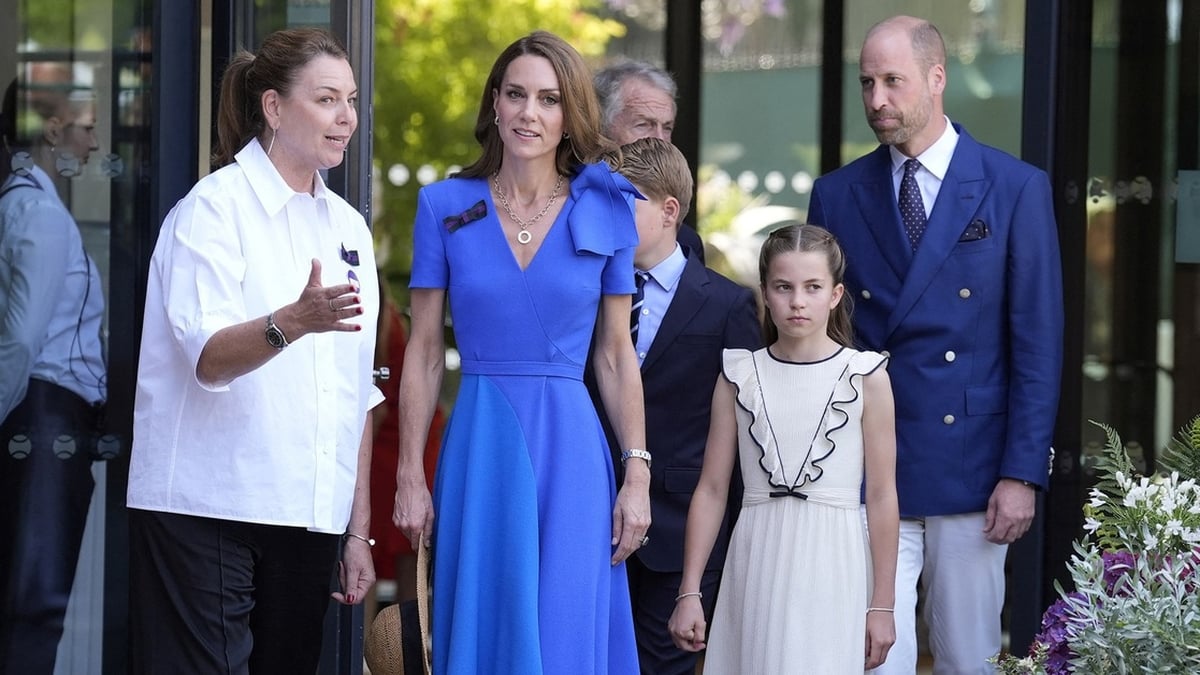







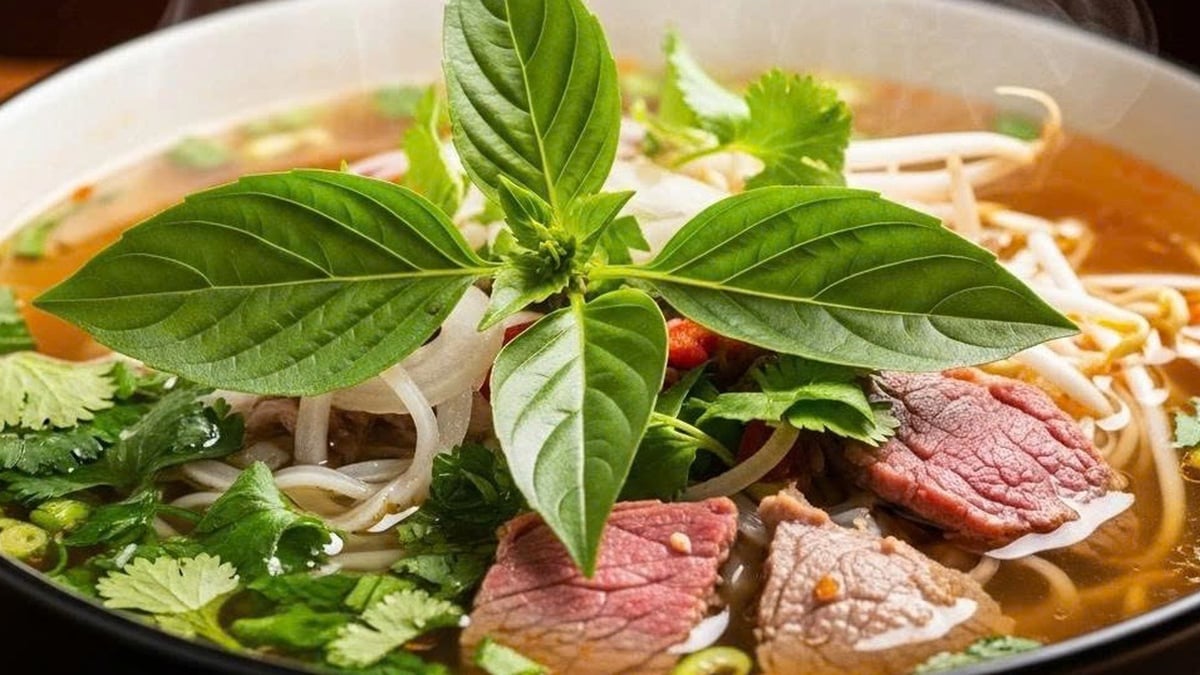










































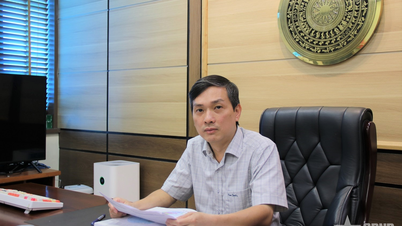















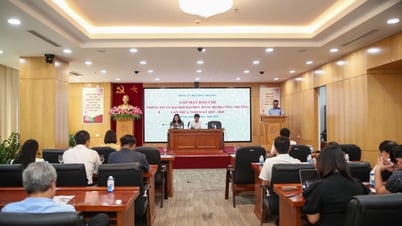






























Comment (0)